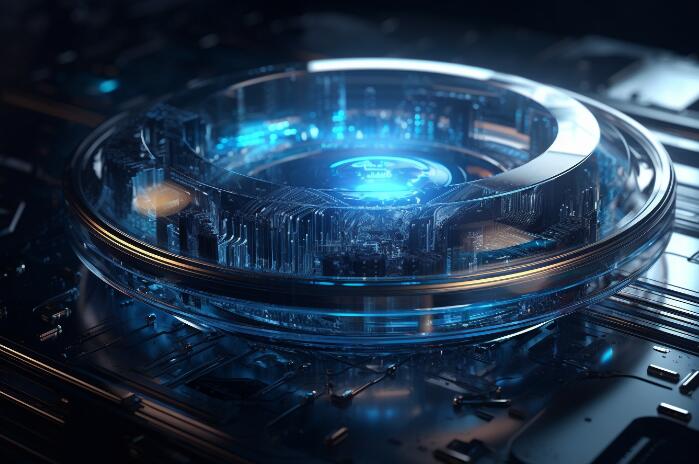Among the key recent initiatives,OpenAIThe announcement of the appointment of Richard Ho as head of its hardware division signals an increased focus on hardware optimization and co-design, with a focus on data center networks, architecture and buildings.
Ho's joining comes at a time when OpenAI is planning to expand, and the company is actively looking for a deep learning hardware/software co-design engineer. The job posting clearly states that the position will focus on optimizing hardware workloads, evaluating accelerators, and working with partners to influence the roadmap for data center networks, architectures, and buildings.
At the same time, OpenAI's commitment to hardware optimization echoes the parallel development of Microsoft's Azure cloud. The company is part of a major investment of $13 billion, mainly for cloud credits, and plans to provide insights to Microsoft's AI chip development. The partnership highlights OpenAI's key role in shaping the future of AI hardware.

Source Note: The image is generated by AI, and the image is authorized by Midjourney
OpenAI is rumored to be considering launching its own chip hardware and exploring potential acquisitions, and CEO Sam Altman has been raising money for an independent chip company, hinting that the company will explore hardware innovation more deeply within the organization.
Prior to joining OpenAI, Ho was head of chip engineering at photonic computing company Lightmatter. However, during his nine-year career at Google, he worked as an engineeradvancedDirector, he isGoogle It played a significant role in the development of Cloud Tensor Processing Units (TPUs).
At Google, the TPU family of chips plays a critical role in the training and inference of large language models within the Google ecosystem and as part of its cloud services. Ho’s tenure at Google also involved co-inventing innovative approaches to chip architecture design using machine learning, demonstrating his expertise in this area.
Ho joins at a critical time as OpenAI also welcomes Todd Underwood from Google, who has been tapped to lead a new site reliability engineering team focused on research and training workloads.
With the consolidation of the hardware division under Ho’s leadership, OpenAI is having an opportunity to make significant progress in shaping the field of AI hardware, working to achieve a fusion of innovation and capabilities in the pursuit of breakthrough AI solutions.
These key developments have also sparked discussions about the company’s future direction, especially in light of Altman’s temporary departure and reappointment by OpenAI’s board of directors. Ho was one of the employees who expressed a desire to leave the company during Altman’s absence.